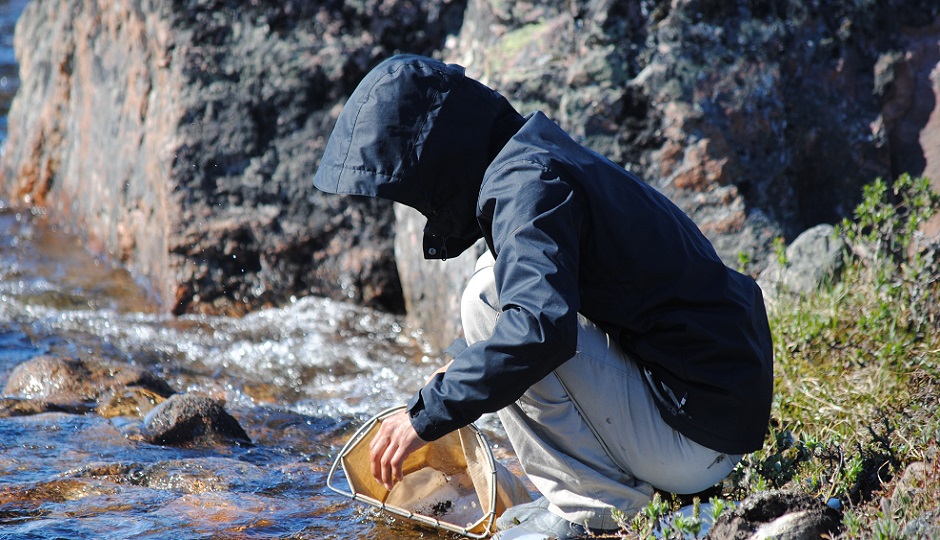
At the same time, many unprecedented initiatives and projects have emerged in recent years, driven by Inuit and their communities. These respond to community concerns while reducing this lack of opportunities, and contribute to self-determination and cultural awareness and enhancement.
The study points to the need to strengthen Inuit control over education.
The objective of this project was to describe the educational contributions of Inuit-led programs and projects in three communities from the perspective of lifelong learning and perseverance, as based on Inuit Qaujimajatuqangit (IQ) or Inuit traditional knowledge. The study focused on the following programs in three different communities: 1) Arviat, Nunavut: a) Arviat Film Society, b) Young Hunters Program, and c) Youth Environmental Monitoring Program; 2) Pond Inlet, Nunavut: Expanded Water Quality Competencies; and 3) Sanikiluaq, Nunavut: Arctic Eider Society, their Arctic Sea Ice Education Kit, as tested in selected Nunavik communities.
The results suggest that Inuit youth and their mentors have found the programs to be empowering, providing them with opportunities to both discover their strengths and learn new skills, resulting in contributions to the common good of their communities. The programs have also supported the revival of language and culture, the blending of Indigenous and western lifestyles, and have filled a gap in opportunities to encourage perseverance, as evidenced by committed lifelong learning and pride in being Inuit.
The study points to the need to strengthen Inuit control over education and provides insight into what linguistically and culturally relevant education might entail. It also highlights the need to equip schools and communities with the resources to pursue education in ways that Inuit have always considered reliable, firmly rooted in Indigenous leadership models, with education in schools, on the land and in the community, working together and in complementary ways, contributing to local capacity building and the common good.
Main researcher
Jrene Rahm, Université de Montréal
Deposit of the research report: September 2020
